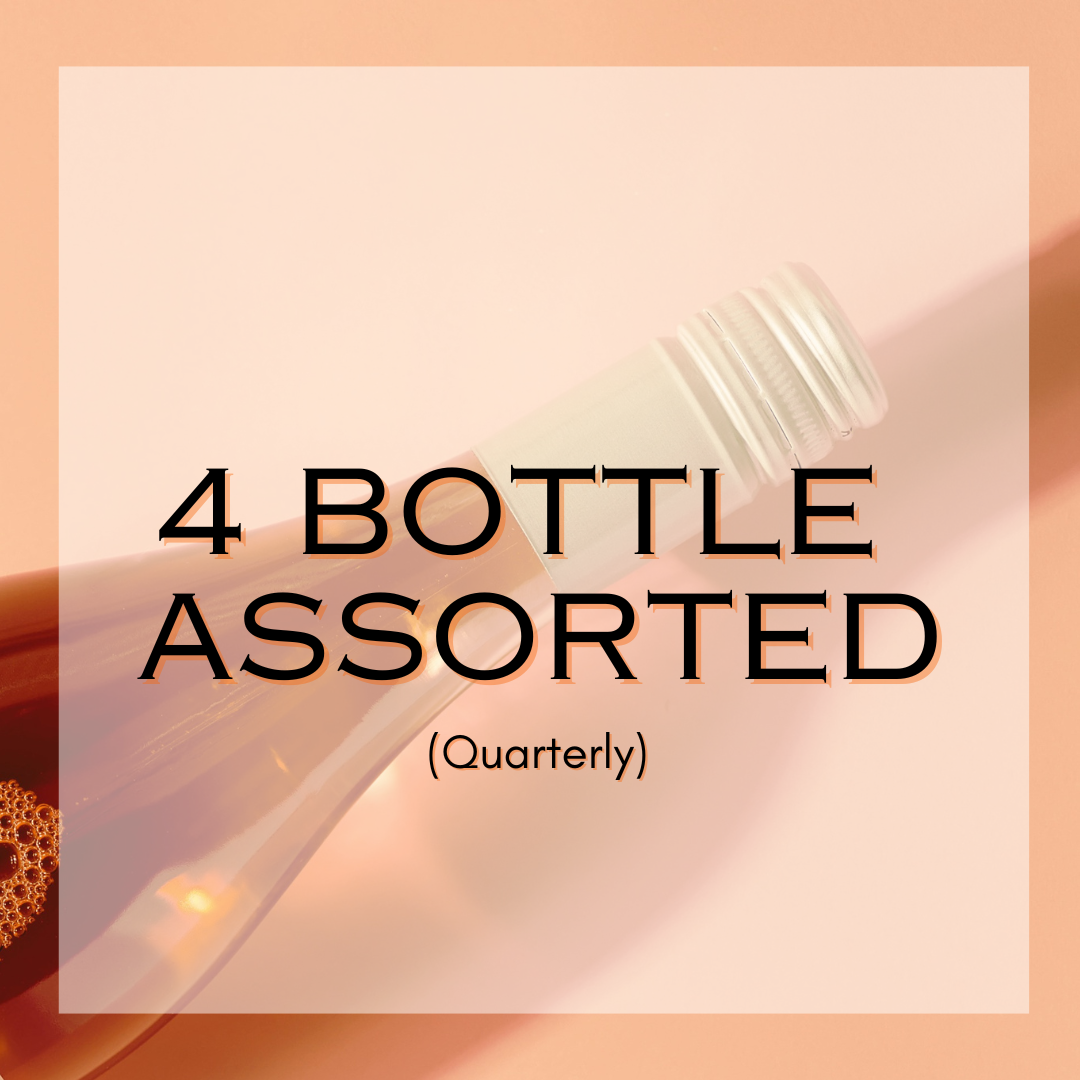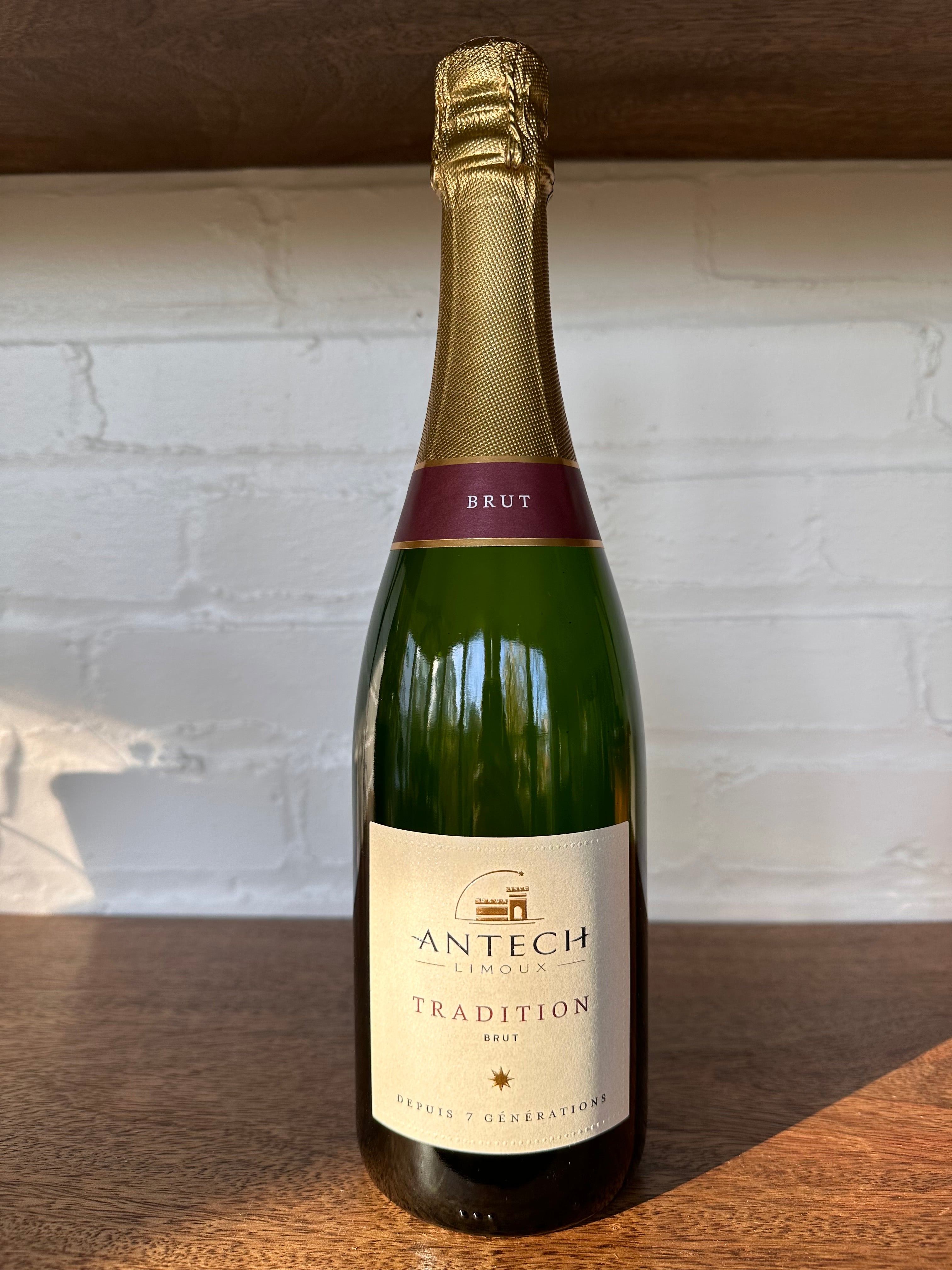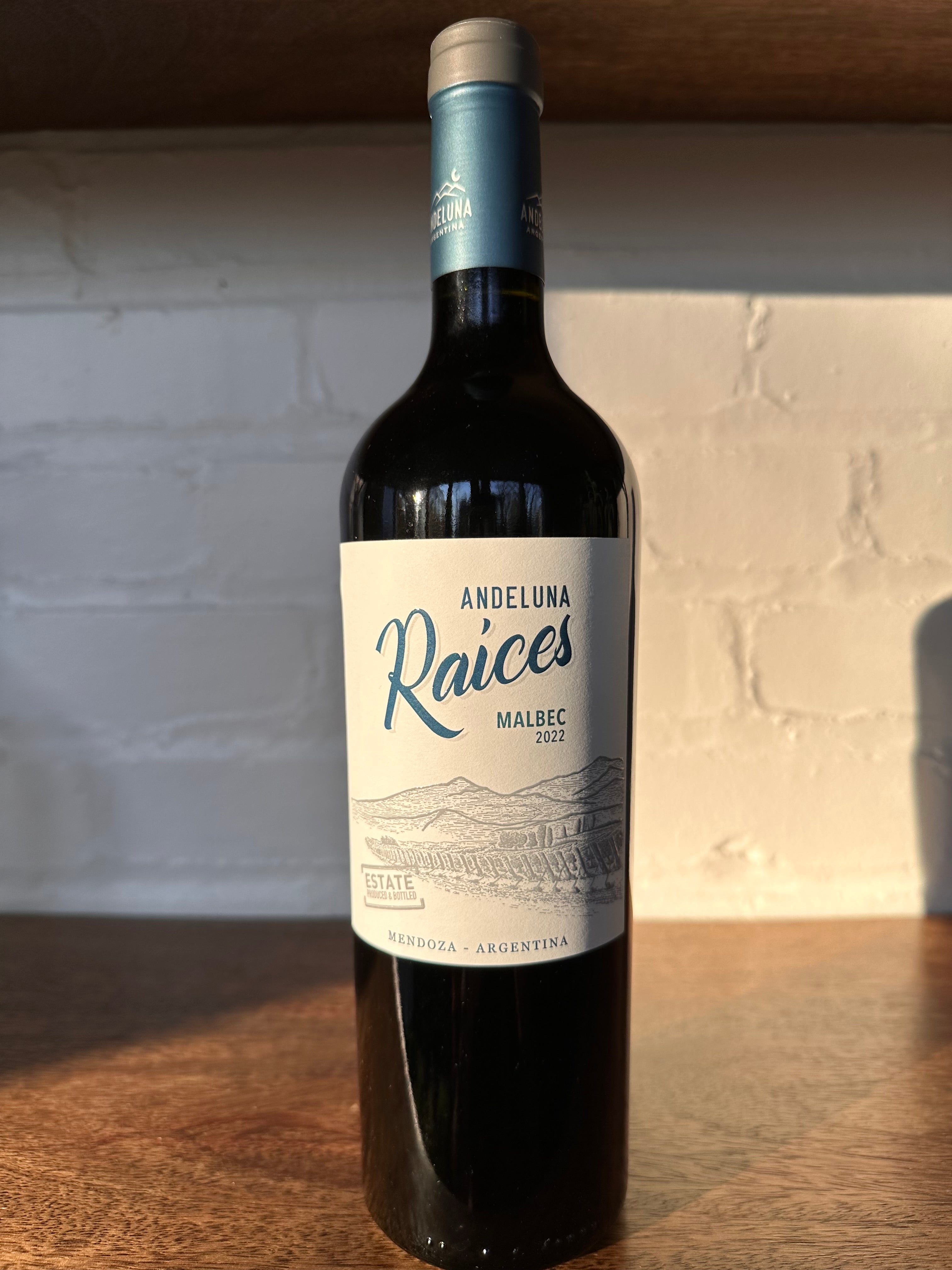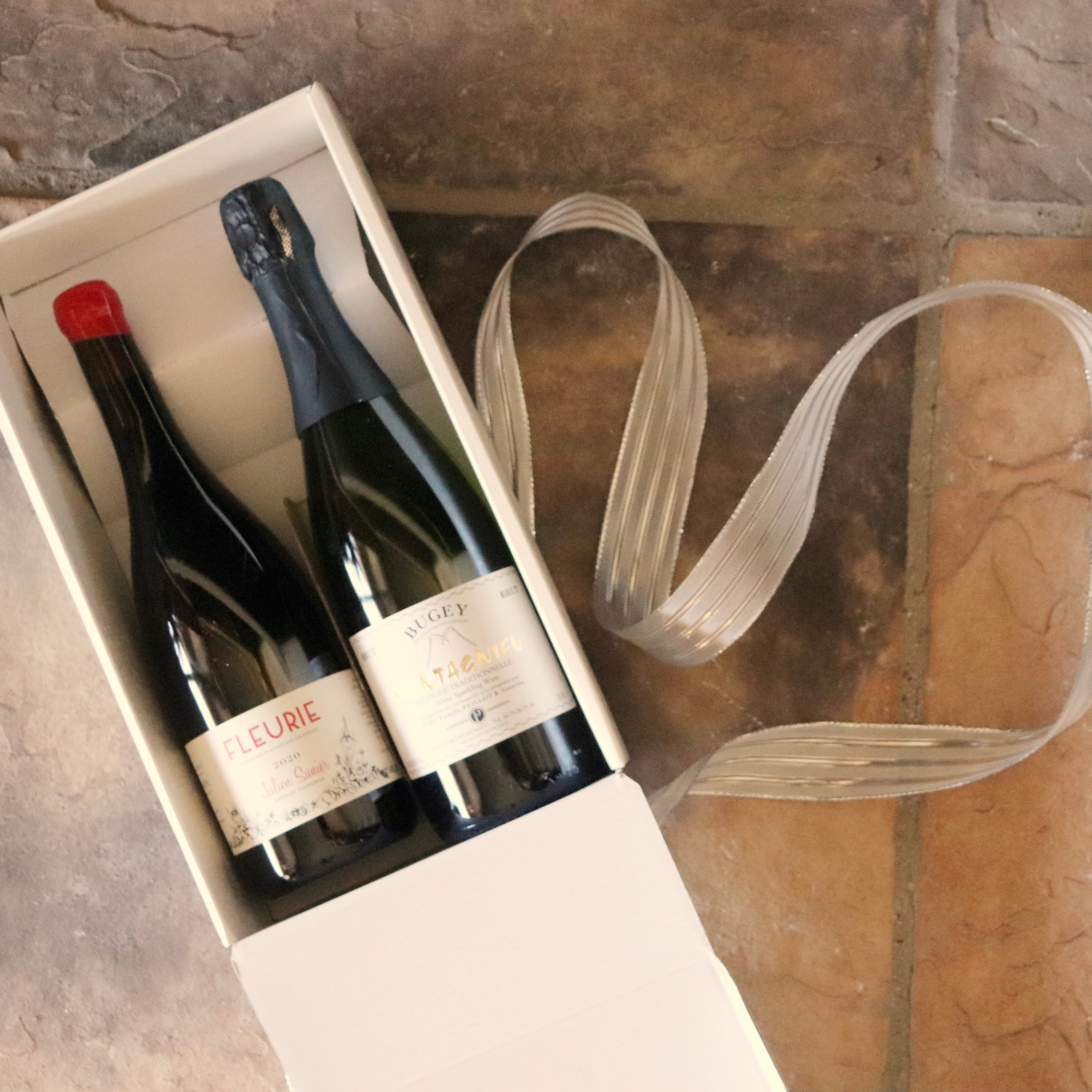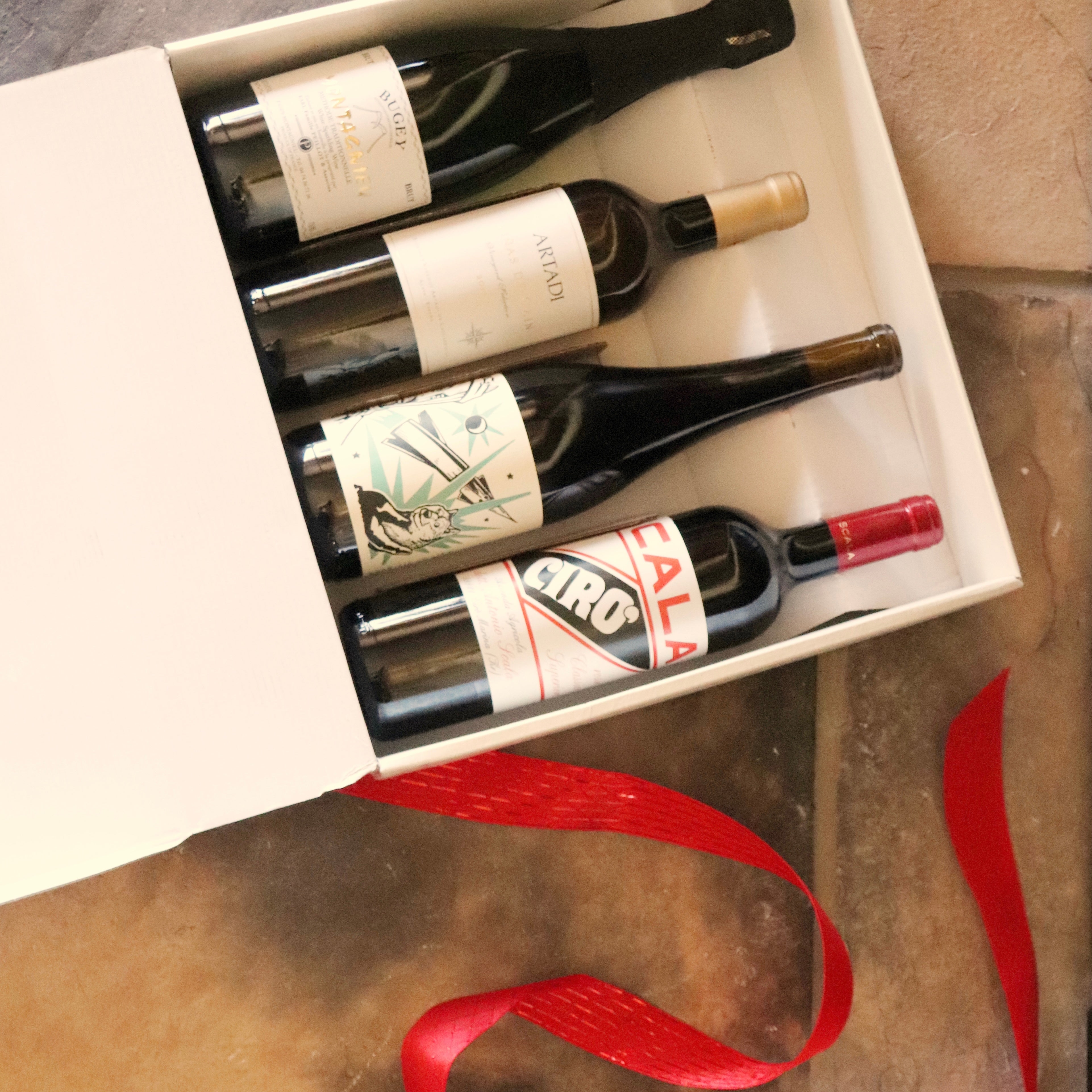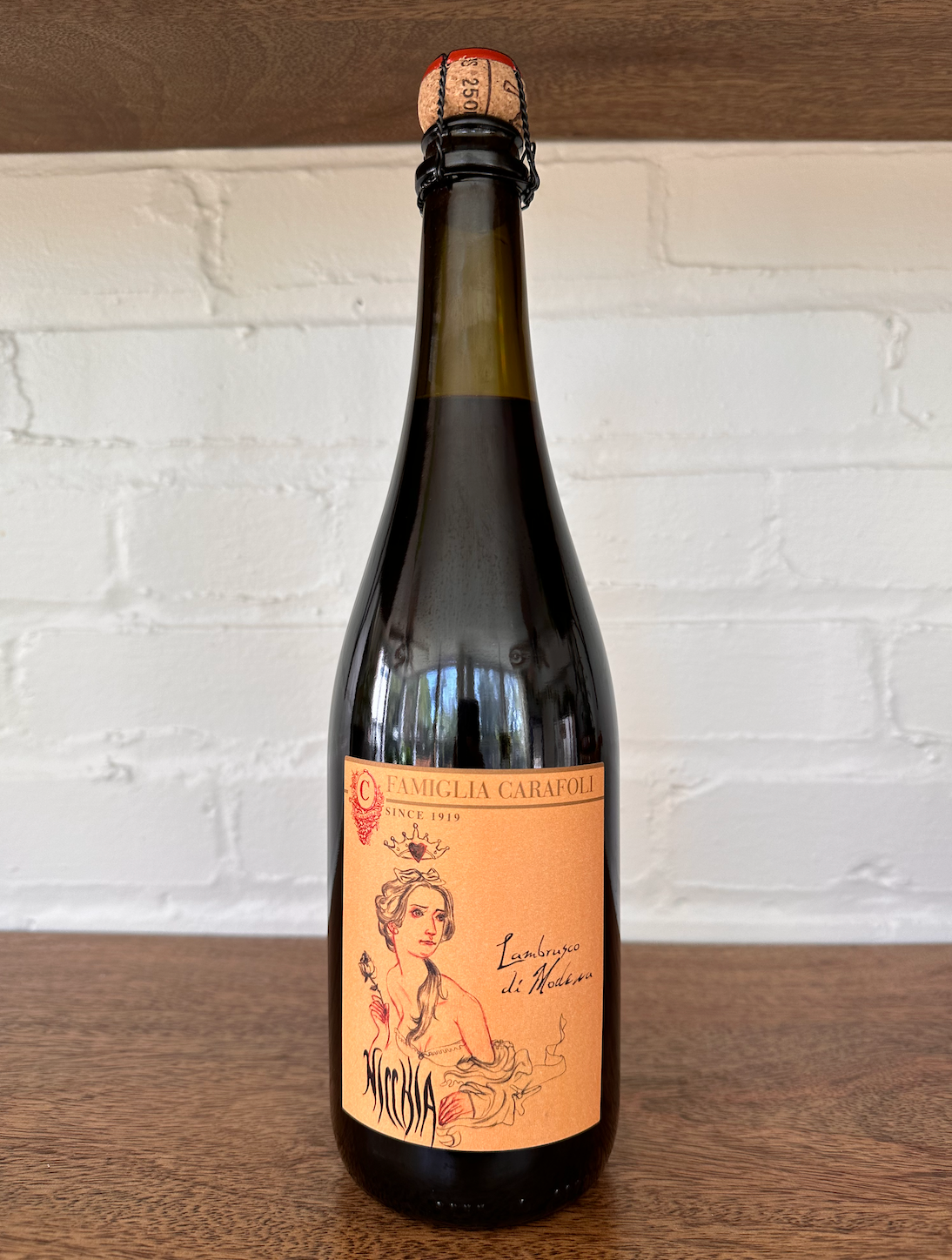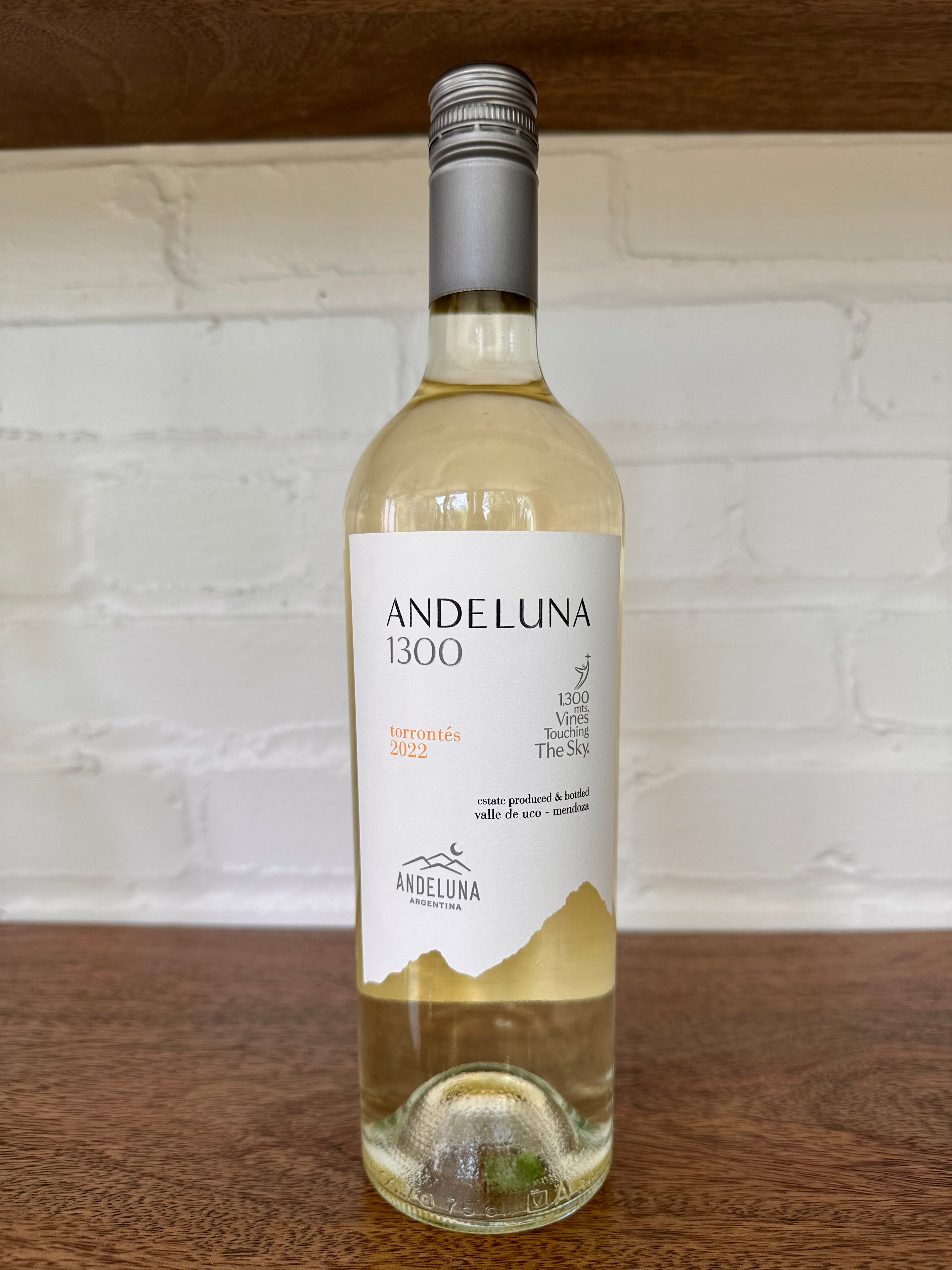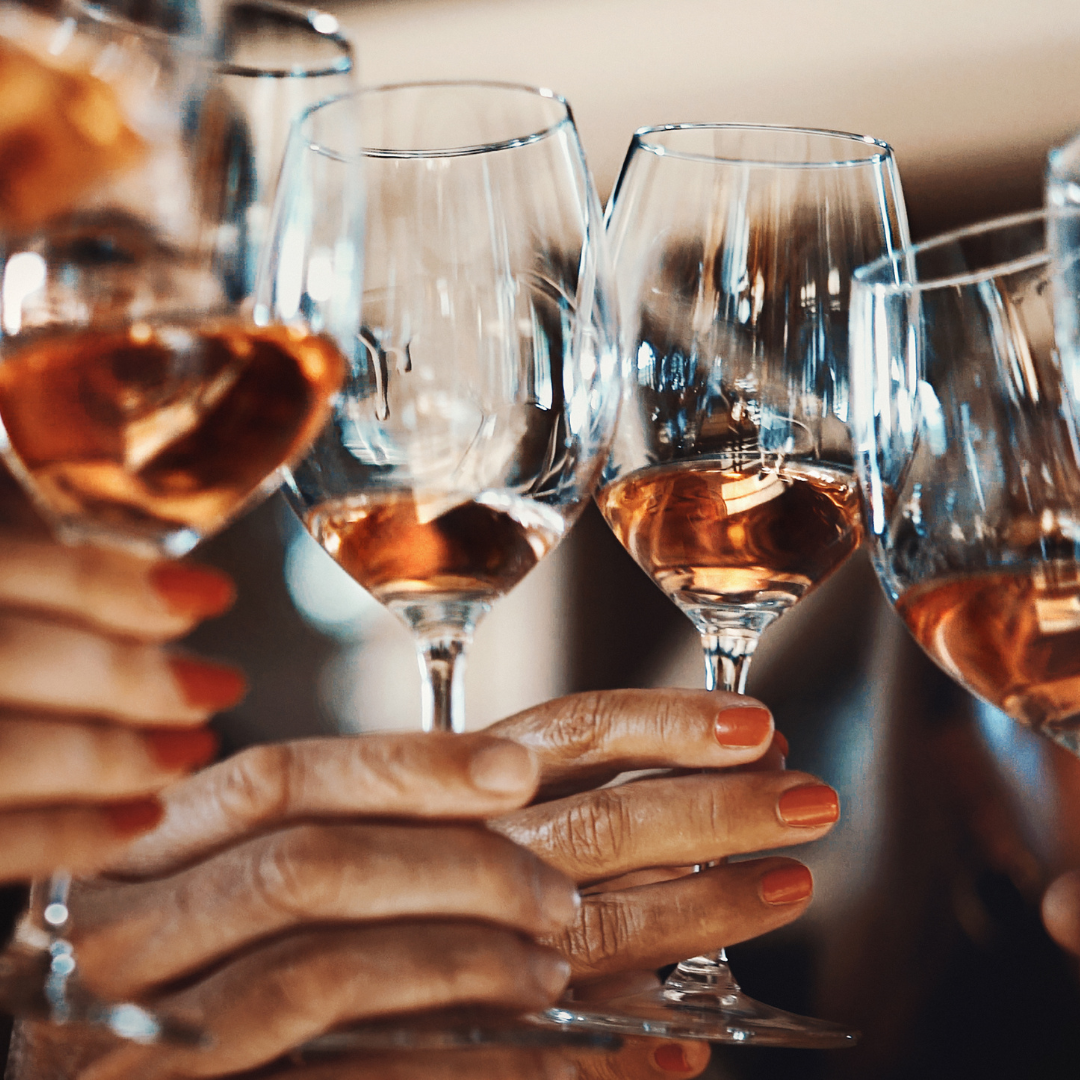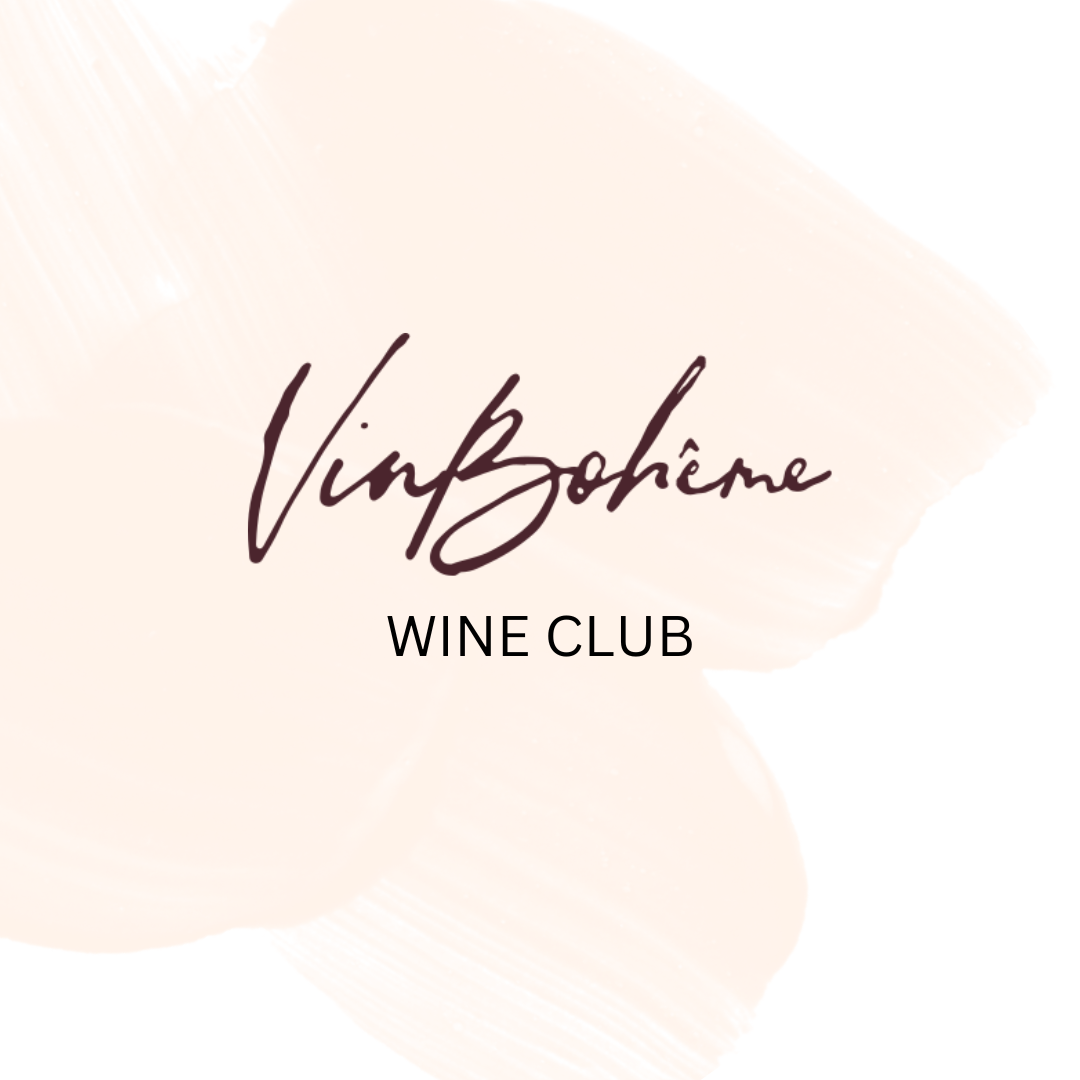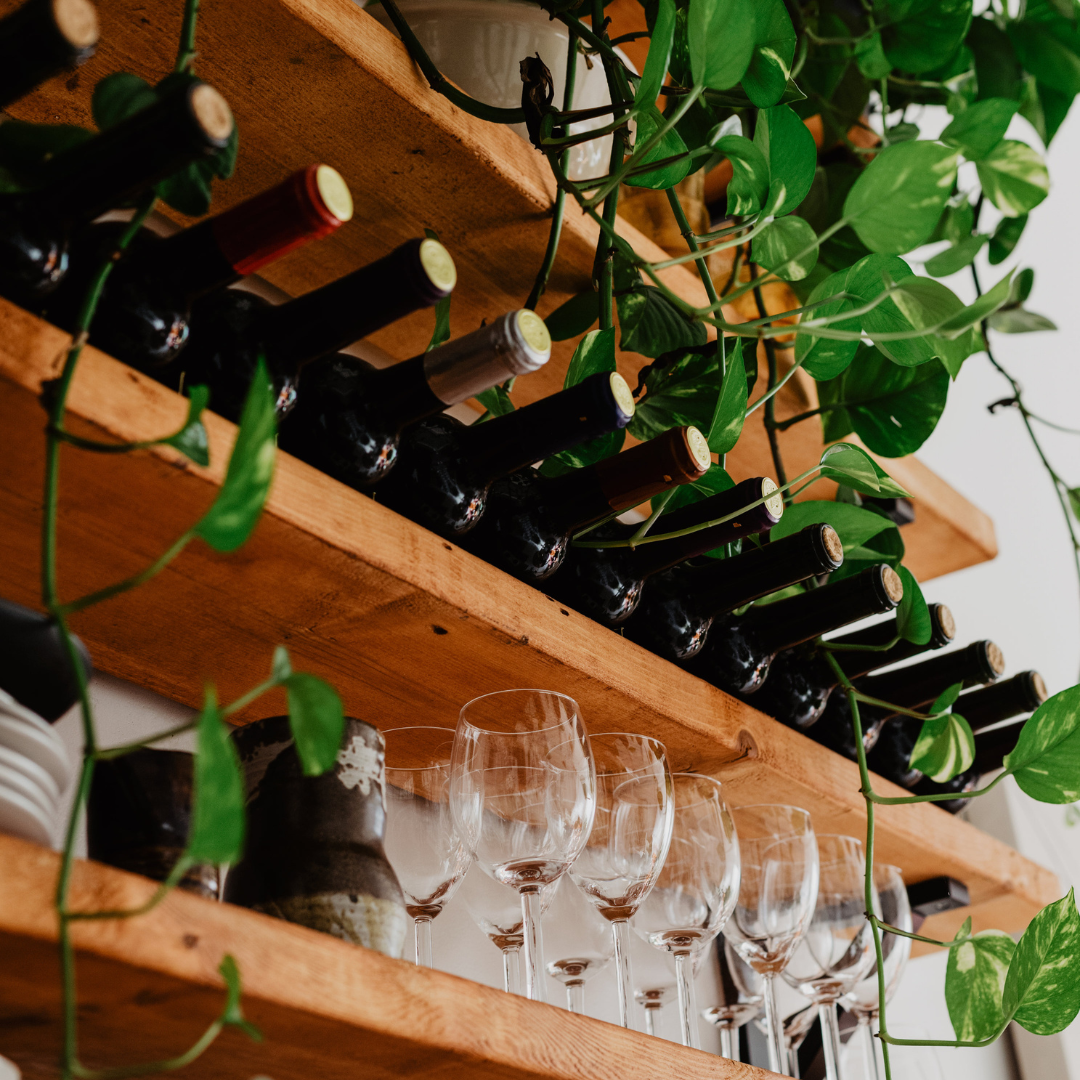Lift, Rheinhessen Riesling Non-Alcoholic (NV)

Lift, Rheinhessen Riesling Non-Alcoholic (NV)
Lift is produced by removing the alcohol from a traditionally vinified Riesling. It all begins in the vineyards of the Rheinhessen region, where Riesling grapes are grown with the specific intention of producing an alcohol-free wine. The grapes need to be ripe, but the sugar content is carefully monitored. If it is too high, the potential alcohol will be as well. Great alcohol-free wine needs to be produced from a low alcohol base wine. So, healthy grapes are typically harvested early, when the ripeness has reached Kabinett level. After harvest, the grapes are softly pressed, and the resulting must is transferred to stainless steel tanks where it is fermented by cultured yeasts under temperature control. The finished Riesling wine is then ready to have the alcohol removed. This is achieved by the simple process of vacuum distillation. The wine is transferred to a vacuum distillation column. This keeps the wine under very low pressure - significantly less than the regular atmosphere. The low pressure reduces the normal boiling point of wine (173°F), all the way down to 85°F. This allows the alcohol slowly and gently evaporate while retaining the natural aroma and character of the Riesling. The finished dealcoholized Riesling is kept cool in stainless steel tanks until bottling.
Sustainable | Hand Picked | Co-Fermented | Unfined | Unfiltered | Vegan Friendly
Grape Varieties 100% Riesling
Alcohol 0%
Size 750 ML
Pairings A classic German Riesling, clean fruit flavors and crisp acidity, with the alcohol removed so you can enjoy a glass anytime! Bright and lively with zesty lime, fresh peach and apple flavors. Very versatile, you can pair it with shellfish, chicken and pork dishes. Try it at brunch or with your favorite Hawaiian pizza.
About the Producer
Lift is produced by Moselland, a growers’ cooperative famous for producing premium
quality wines at competitive prices. What is a growers’ cooperative, exactly? A
cooperative is a group of wine grape growers who share their resources to produce,
bottle, and market wine. Making wine independently requires investment and time that
is practically beyond the means of most farmers. Cooperatives play an essential role by
providing growers with access to economy of scale, a vocal role in production, and a fair share of profits. This approach also provides a tremendous benefit to consumers. Wellrun cooperatives like Moselland are a prime source for excellent wines at lower prices. Moselland was formed in 1968 when several small cooperatives merged. It is now based in in the famous twin wine towns of Bernkastel-Kues, in the heart of the middle Mosel River Valley. Moselland produces wines from all over Germany in a range of styles, and Riesling is their specialty.

